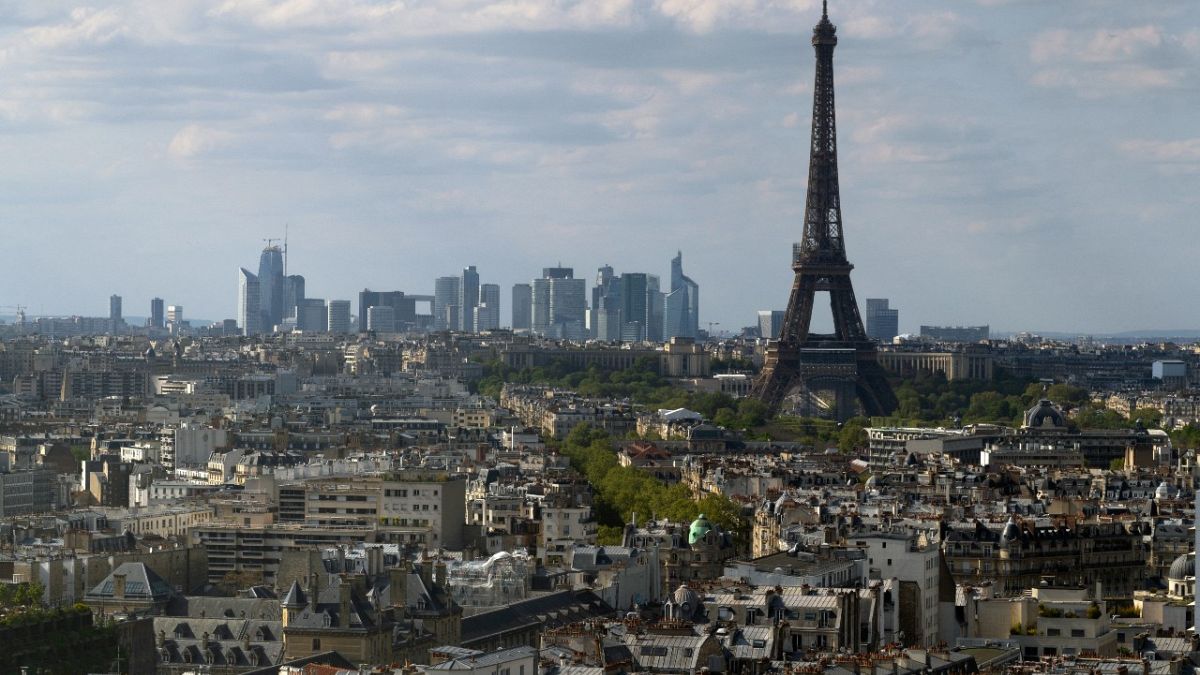The latest growth and inflation figures put the economy firmly at the heart of the next government's priorities following President Macron's re-election.
The French economy unexpectedly ground to a halt in the first part of the year due to a combination of factors exacerbated by the war in Ukraine.
Rising inflation, the energy crisis, the Omicron covid wave and supply chain problems all played a part in the economy's stagnation in the first quarter, with figures from INSEE -- the French National Statistics Institute -- showing zero growth (0%).
This contrasts with the institute's previous estimate of 0.3%, while as recently as 12 April, the Bank of France was expecting a small increase in the gross domestic product (GDP) of 0.25%.
Meanwhile, inflation has continued to rise -- INSEE's first estimate shows a rate of 4.8% over the year. This follows year-on-year rises of 3.6% in February and 4.5% in March -- a record since the 1980s.
The rise has been kept in check in April by a limited increase in energy prices. But for services, manufactured products and food, prices have hiked more quickly than in the previous months.
Rising prices have hit consumer confidence, with households reducing spending, particularly on hospitality, eating out, and clothes -- all contributing to a sharp fall of 1.3% in the first quarter, confounding the forecasts of economists who had expected it to hold up.
Hopes of strong year diminished
"The French growth engine has come to a halt, even though it had barely returned to its pre-health crisis level," said Ana Boata, director of economic research at Allianz Trade.
"This shows that consumers are worried about price increases and the loss of purchasing power," she added.
There are nevertheless "resilience factors" in the French economy, Boata says, citing as an example the strong resistance of the construction and investment sectors.
Meanwhile, goods production accelerated after a period of stability, and foreign trade also continued to recover albeit at a "less sustained pace", according to INSEE.
France's inflation rate is still well below that of some of its neighbours, such as Germany and Spain. However, the sharper-than-expected slowdown is dampening hopes of strong growth this year.
The government has not officially revised its initial forecast of 4% growth, but Economy Minister Bruno Le Maire has already accepted that the figure is out of date.
The outlook for the French economy had been much more optimistic at the start of the year on the back of last year's strong recovery, which saw growth of 7%.
The latest figures put the economy firmly at the heart of the next government's priorities following Emmanuel Macron's re-election as president.
In the coming months, the evolution of the war in Ukraine and the stance of the European Central Bank (ECB) towards inflation will be decisive in determining whether or not the outlook for the French economy improves.
